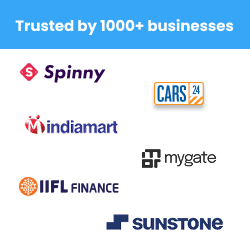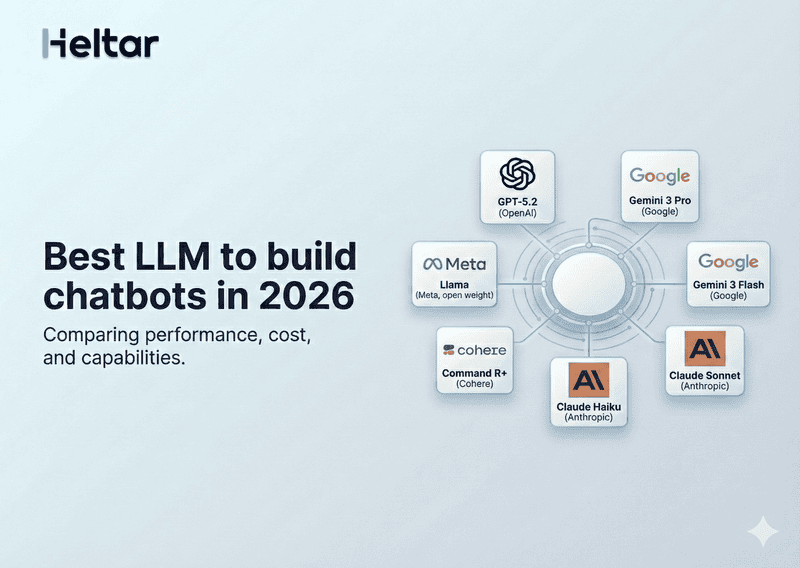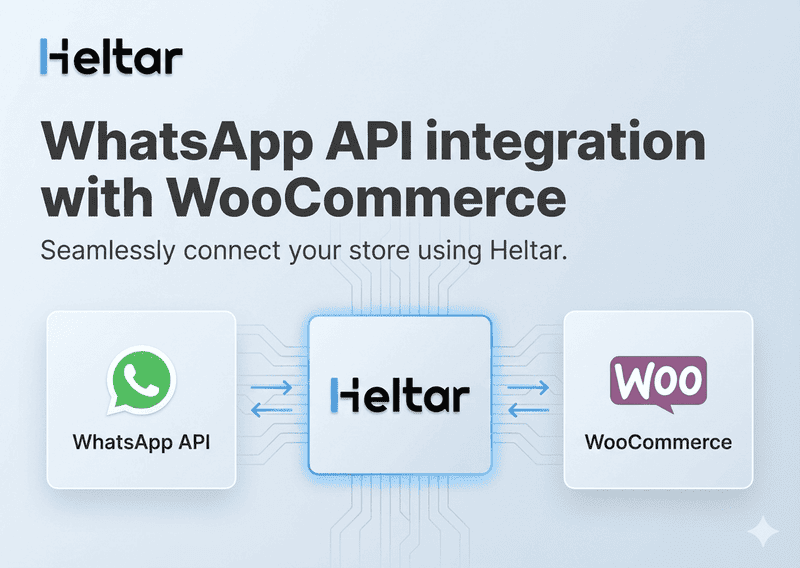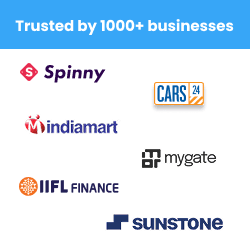Short answer - there is a Wati mobile app on Android and iOS. It lets agents reply on the go, assign chats, and get push alerts. The catch, it is good for quick replies, not for setup, routing logic, or deeper reporting. Most teams still need the web app for real work.
Where to get it?
Android, Google Play Store
iOS, Apple App Store
Log in with your Wati account.
What the Wati App lets you do?
Reply to customers in a simple chat view
Use a shared team inbox so multiple agents can see and handle chats
Assign chats to agents or teams
Set availability in Settings, Notifications, add an Out of Office reply
Get push notifications for new messages and replies, mute after hours if needed
Use quick replies from a template list inside the chat
Important limits called out by Wati
Quick reply templates must be created by an admin on the Wati website before agents can use them in the app
Operators handle chats, admins handle members, automations, and settings
The app is included in your Wati plan, no extra app fee
Where teams run into trouble?
Multiple users switched from Wati to Heltar, we questioned them to understand the flaws with the App. Here's what they said.
Setup still needs desktop
Templates and automations are created on the web app, so you cannot build the basics while on the move.Handoffs can slow down
You can assign chats, but without clean routing rules and ready templates, agents end up typing the same lines and bouncing chats.Notifications get noisy
Push alerts help, but without a clear policy many agents mute alerts after hours and miss early messages the next day.Mobile is not your control room
Heavy tasks like deep analytics, member management, and flow changes belong on desktop. Trying to push these into mobile slows the team.
Why so many businesses prefer Heltar over Wati?
Unless you want your marketing budget to get over before you acquire any customers, Heltar's the way to go. Here's why!
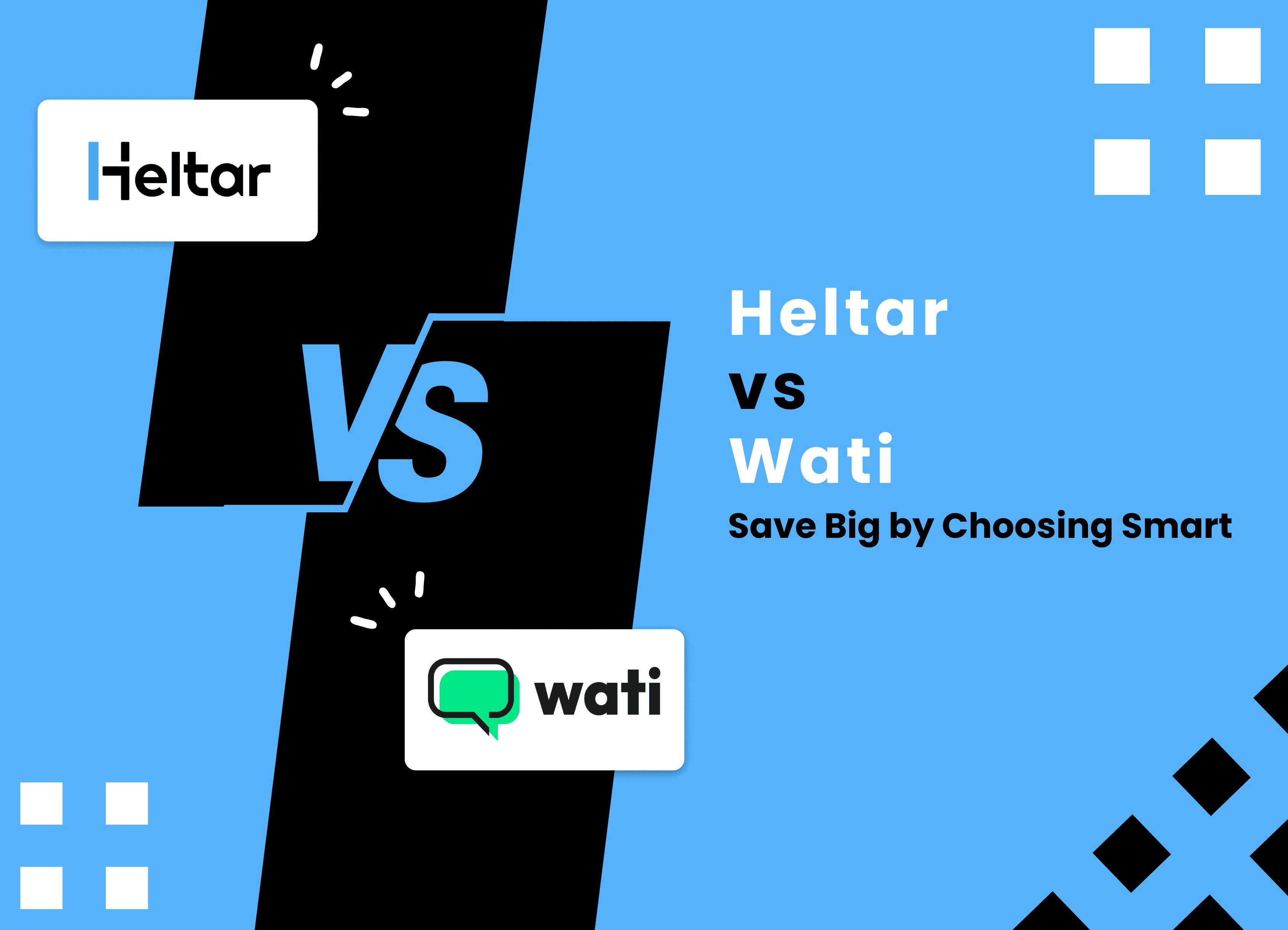
Metric | Wati | Heltar |
Base Subscription Fee | Expensive - Starts ₹2,499/month | Lower, budget-friendly - Starts ₹999/month |
Pricing Structure | Tiered, complex | Simplified, transparent |
Markup on Conversations | Up to 100% over Meta Charges | Flat 5% across all conversation types |
Extra User Fees | Upto ₹3,999/Month/User | No additional charges |
API Integrations | Charged separately (e.g., $4.99/month for Shopify) | No extra charges |
Customer Support | Limited (No setup support in Growth and Pro plan) | Full support for all customers |
User Interface | Complex & Difficult to navigate | Intuitive & user-friendly |
Lower Platform Fees and Markups
Wati: Wati’s pricing plans start from ₹2,499 per month, scaling up to ₹16,999 per month for the business plan. The multiple packages and tiered features make it expensive, especially for small and medium-sized businesses. The incremental costs for unlocking advanced features force businesses to either commit to higher-tier plans or compromise on functionality.
Heltar: In contrast, Heltar offers lower subscription fees with a base plan starting at a more affordable monthly rate. It is designed to be budget-friendly for businesses of all sizes, particularly small and medium enterprises (SMEs) looking to minimize upfront costs, along with a simplified and transparent conversation pricing model, charging a flat 5% markup across all conversation types.
No Extra/Hidden Charges for Integrations
Wati: While Wati provides robust features, many advanced capabilities are locked behind higher-priced plans. Essential features like advanced analytics, automated workflows, and API integrations are only available in the more expensive plans. Apart from that, Wati charges extra fees for employing integrations, like an additional USD 5 per month for a shopify integration, and additional charges for extra users.
Heltar: Heltar includes advanced features—automation, analytics, customer segmentation. Businesses benefit from unrestricted access to essential tools allowing them to leverage full functionality of the platform.
Intuitive and User-Friendly Interface
Wati: Wati offers a variety of features, but the interface could be difficult to learn for inexperienced users. The tiered functionality makes it hard to locate important tools within the complex menu structure it offers. It may be a real pain for people who are not familiar with navigating multi-tiered software ecosystems.
Heltar: Heltar’s platform is designed with ease of use in mind. It features an intuitive interface, making it simple to navigate, even for those new to such systems. The user-friendly dashboard provides easy access to key tools, reducing the learning curve and allowing businesses to get up and running quickly without sacrificing functionality or efficiency.
Well Rounded Customer Support: While Wati does not provide even setup support in the growth plan, in Heltar, End-to-End Customer Support is made available to all customers, irrespective of their subscription plans. For us, at Heltar, Our Customers are our biggest priority, and we ensure they are well served through a comprehensive knowledge transfer of our platform and continued assistance.
